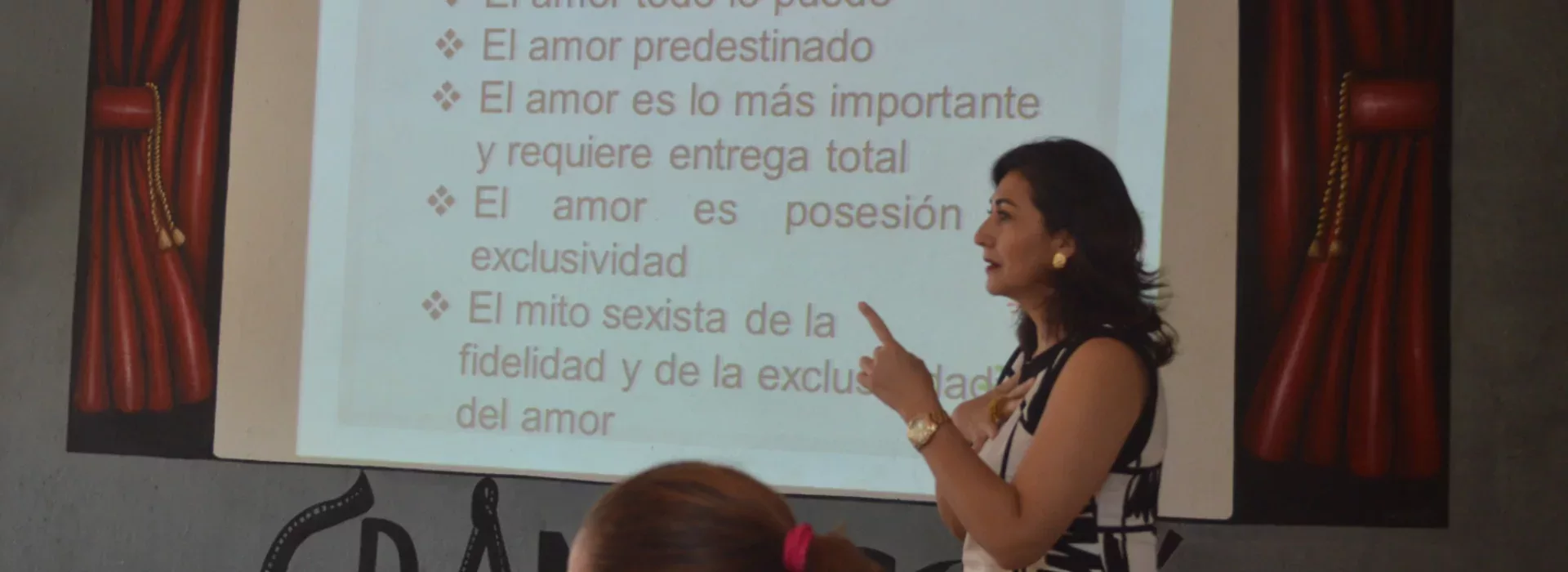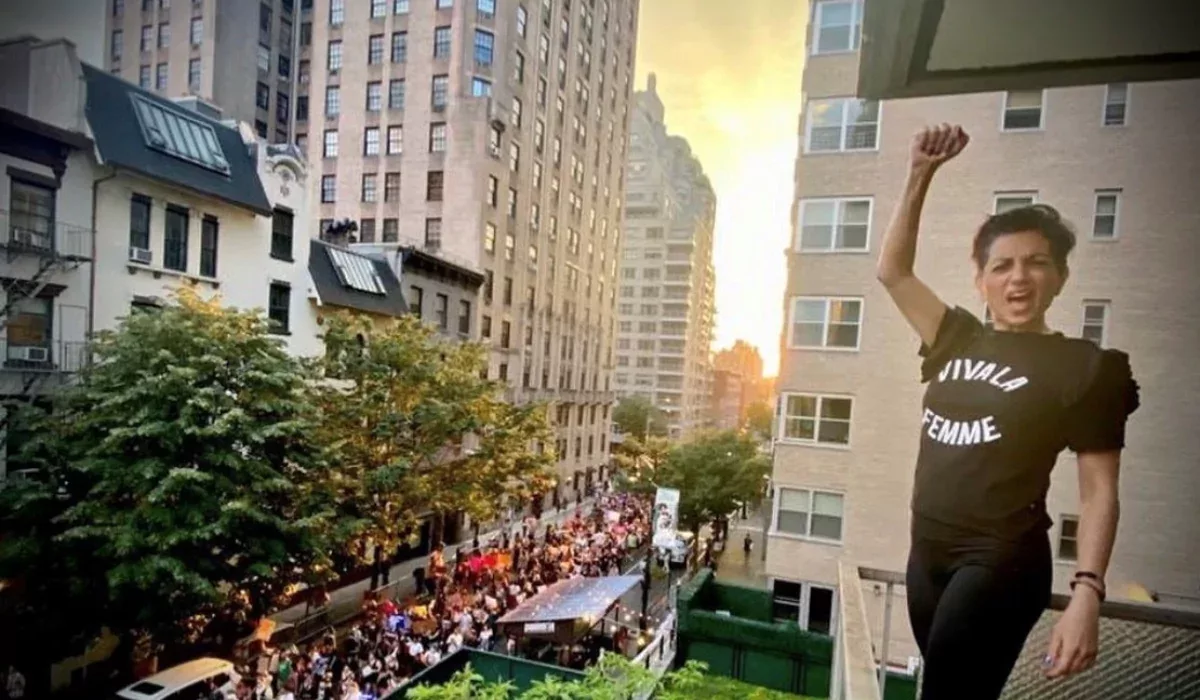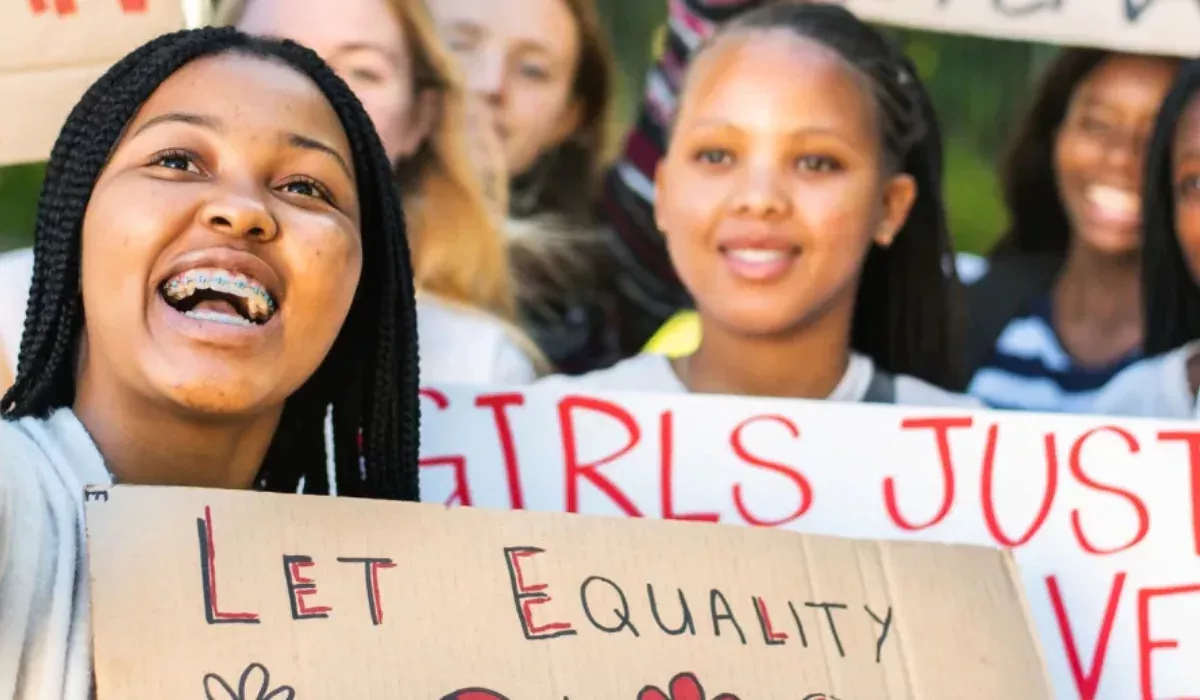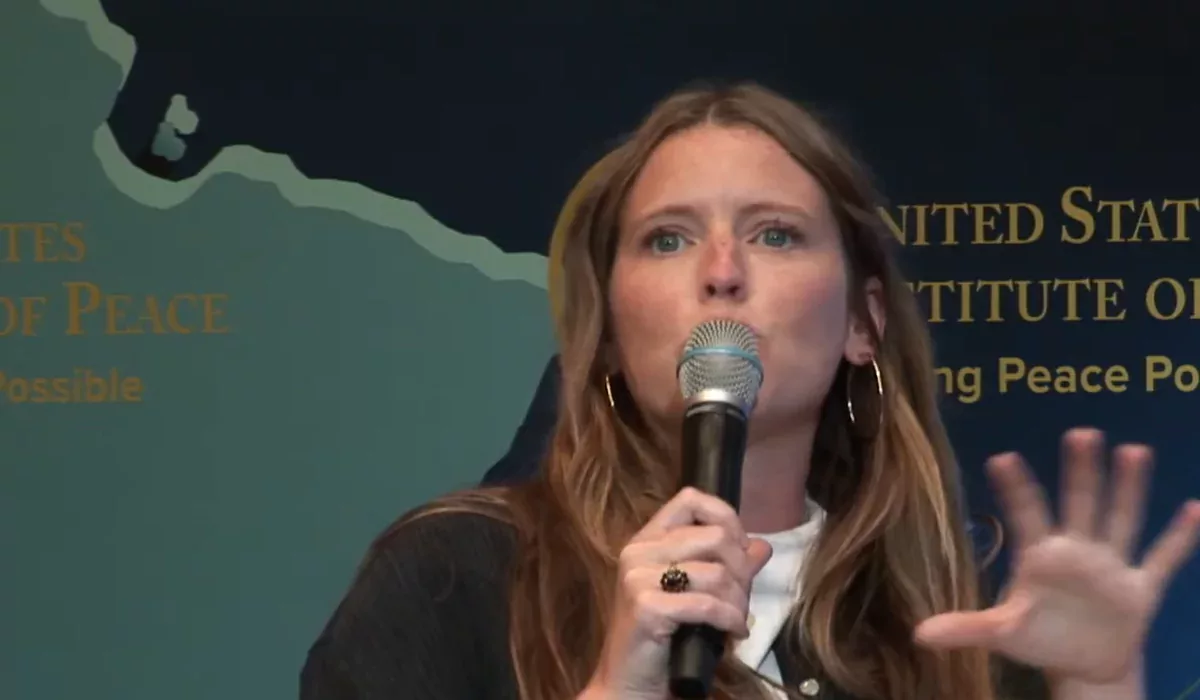
¡Párala Ya! – How Community Leadership is Combatting “Machismo” in Colombia
This story focuses on the city of Valledupar in North-East Colombia. The city is an important hub for agricultural and agro-industrial production and one of the main musical, cultural, and folkloric epicentres of Colombia. It is also, however, a region marked by violence: from armed conflict on the streets to “machismo” at home.
The word is that all of the country’s illegal armed groups have had a territorial presence here, which has a continued impact on the civilian population and unprecedentedly on women and girls. The patriarchal culture of “machismo” is the daily bread, and violence against women is rampant, with 12 femicides reported in 2021 alone, and 4 reported in January-February 2022.

This issue is linked to a wide range of long-term physical and mental health problems, especially for women, while restricting the fundamental participation of women in the community. This proposes an obstacle to achieving an equitable and fully democratic society.
However, just over a decade ago, local women were determined to transform this reality. By exercising the power of collective community leadership, they were able to participate as social actors and make a change within the region. This positive influence began with the approval of Law 1257 in 2008: the law that protects women’s rights by establishing rules for awareness, prevention, and punishment of forms of violence and discrimination against women. Women have since been called to learn about the law and what their rights are.
However, just over a decade ago, local women were determined to transform this reality. By exercising the power of collective community leadership, they were able to participate as social actors and make a change within the region.
¡Párala Ya!
At the end of a cycle of training on the topic, it was decided that a network should be created: ¡Párala Ya! Nada justifica las violencias contra las mujeres (Stop it Now! Nothing justifies violence against women). The members of this network – labelled “spokespeople,” were from myriad social and cultural backgrounds; Black and indigenous people, agricultural workers, and those from different educational levels. These courageous women and allies carried out their social activism via resistance and peacebuilding in insecure contexts to make substantive change within their community, especially for the lives of women and girls. The impact of this network in the city of Valledupar has also spread to several municipalities in the wider region.
Their work fights to shift entrenched socio-cultural norms and behaviours, all in the knowledge that the only way to transform a society culturally is by listening to the diverse perspectives of its citizens.
Their activities include educational training sessions about violence against women, political advocacy, and peaceful protests:
Training Sessions
¡Párala Ya! Nada justifica las violencias contra las mujeres conducts training sessions on violence against women to give the issue more visibility, as well as to amplify the narrative about prevention and the relevant legislation (2008’s Law 1257). These sessions are carried out in myriad educational facilities, including technical colleges and the legal clinics of both private and public universities, so that future lawyers can adopt a gendered perspective in their work. The same is done in the villages. In these cases, the sessions are not necessarily held in an auditorium, but under trees in the backyard of women who express their interest in taking this initiative to their territory.
They also organise forums with journalists from the televised and written media to encourage the use of gender-sensitive reporting in stories related to violence against women and girls. Examples of better practices include avoiding offender passivity and pathologisation via headlines such as “I killed her out of jealousy” or “a crime of passion.”
Political Advocacy
The network also led the construction of the regional political agenda for women, which is a document resulting from the participatory planning exercise of women and their municipal organisational processes during sub-regional meetings, based on their problems, needs, and interests. With this exercise, women’s perspectives were included in the gender component of the departmental development plan and that of the municipality of Valledupar.
Peaceful Protests
Finally, the network is known for peaceful protests. Amongst other activities, they organise sit-ins in front of the local Prosecutor’s Office in Valledupar. For instance, in 2015 they silently, and with signs in hand, demanded that the judicial authorities comply with 2008’s 1257 Law (which prohibits and punishes violence against women) as well as compliance with 2012’s 1542 Law (which eliminates the character of the crime of domestic violence as actionable and dismissable, so that these types of crimes can no longer be belittled.)
Conclusion
This is an ongoing success story, demonstrating the power of resistance and community leadership for deep-rooted cultural and political change. This work demonstrated the fact that this level of societal transformation must involve the unquestionable support of all sectors – public, private, academia, unions, and civil society.
Today, the media – radio, television, and print – are used to promoting 2008´s 1257 Law. Forums are held with the candidates for mayor of Valledupar, so that they are aware of the Network and sensitised to issues affecting women. Femicides, as well as physical and sexual violence, are made visible with their own names to overcome indifference and impunity. And the brave leaders of the ¡Párala Ya! network are now recognised for their contributions to processes of resistance and peacebuilding in everyday life.
This is an ongoing success story, demonstrating the power of resistance and community leadership for deep-rooted cultural and political change.


